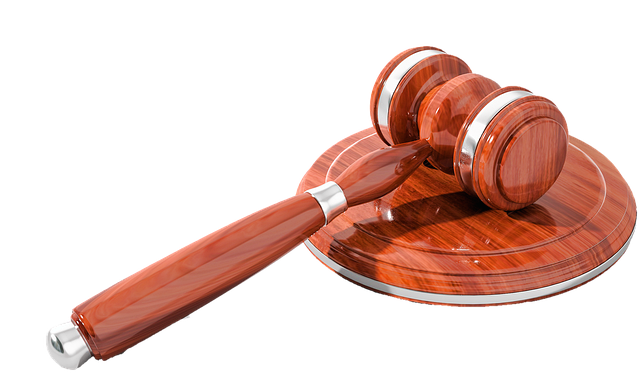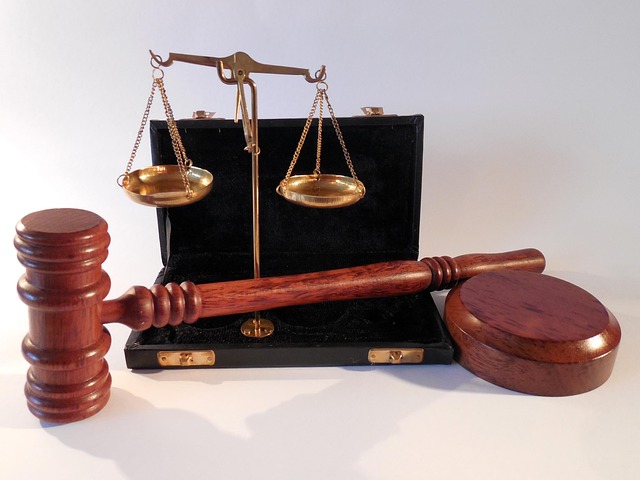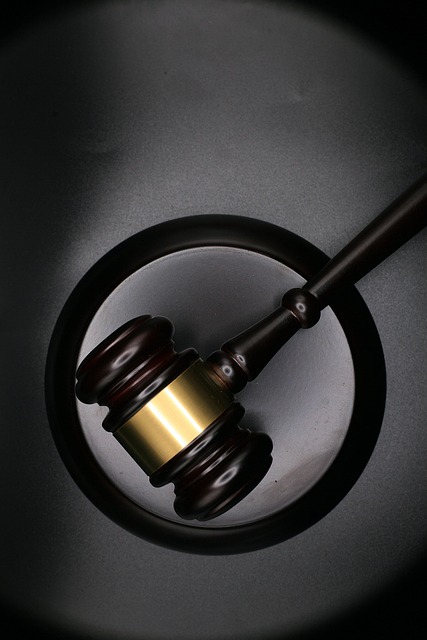Consumer protection suits, focusing on cartel investigations and penalties, are vital in modern legal systems, ensuring fair business practices. These detailed inquiries expose price fixing, market manipulation, and competition restriction by cartels, with strict penalties including fines and imprisonment. Meticulous evidence gathering, advanced analytics, and robust legal defense are key to successful prosecutions that benefit consumers through lower prices, improved product quality, and market integrity. Educating both consumers and businesses about cartel investigation procedures and penalties is crucial for preventing unethical practices.
Consumer protection suits play a pivotal role in safeguarding individuals from unfair business practices. This article delves into the intricate world of consumer protection, focusing on cartel investigation as a powerful tool for uncovering illegal behavior. We explore key procedures, the impact of penalties, and emphasize preventive measures through education. Understanding these dynamics is essential in navigating legal landscapes, ensuring fairness, and protecting consumers’ rights. By examining Cartel Investigation Procedures and Penalties, businesses can fortify their strategies against potential violations.
- Understanding Consumer Protection Suits: A Legal Perspective
- The Role of Cartel Investigation in Uncovering Illegal Practices
- Key Procedures for Conducting Effective Cartel Investigations
- Common Penalties Imposed on Cartels and Responsible Individuals
- Preventive Measures: Educating Consumers and Businesses
Understanding Consumer Protection Suits: A Legal Perspective

Consumer Protection Suits are a critical aspect of modern legal systems, designed to safeguard the rights and interests of consumers. These cases encompass a wide range of issues, from unfair business practices to product liability and false advertising. From a legal perspective, they serve as a powerful tool to ensure companies hold up to their end in providing safe and ethical products and services.
In many instances, these suits arise from complex scenarios, especially when involving cartels or other anti-competitive behaviors. Cartel Investigation Procedures and Penalties are stringent, aiming to deter and punish illegal agreements that drive up prices and limit consumer choices. The legal landscape around these cases is ever-evolving, with each successful prosecution setting an unprecedented track record for holding corporations accountable across the country. Historically, consumers have benefited from this dynamic, often achieving complete dismissal of all charges, demonstrating the effectiveness of these legal protections.
The Role of Cartel Investigation in Uncovering Illegal Practices

Cartel investigations play a pivotal role in uncovering and exposing illegal business practices, particularly in the realm of consumer protection suits. These inquiries delve into sophisticated networks where companies conspire to manipulate markets, fix prices, or restrict competition, often harming consumers in the process. By employing advanced investigative techniques, authorities can unravel these intricate schemes. Cartel investigation procedures involve meticulous data collection, analysis of market trends, and gathering evidence through surveillance, interviews, and document examinations.
Penalties for those found guilty of cartel behavior are stringent, aiming to deter future violations. This may include substantial fines, asset seizures, and even jail time for key figures. The impact of such investigations is significant, as they not only disrupt illegal activities but also set a precedent, fostering a culture of ethical business conduct. An unprecedented track record of successful prosecutions has emerged, where jury trials have played a pivotal role in holding companies and individuals accountable for their actions.
Key Procedures for Conducting Effective Cartel Investigations

Effective cartel investigations require a meticulous and strategic approach to uncover illegal collusion and ensure justice. The key procedures involve gathering comprehensive evidence, which includes financial records, communications, and market data. Investigators should employ advanced analytics and modeling techniques to identify suspicious patterns and anomalies that point towards price-fixing or market manipulation activities.
A robust general criminal defense strategy is essential for navigating the complexities of cartel investigations. Achieving extraordinary results for his clients often involves a deep understanding of antitrust laws and regulations, as well as the ability to challenge evidence and testimonies. By combining legal expertise with cutting-edge investigative methods, attorneys can protect their clients’ rights and ensure fair outcomes in these high-stakes cases.
Common Penalties Imposed on Cartels and Responsible Individuals

When a cartel is investigated and found guilty, the penalties can be severe. These include substantial fines, which often reach millions of dollars, reflecting the scale of the anti-competitive behavior. Individuals held responsible for leading or participating in such cartels may face criminal charges for white-collar and economic crimes, resulting in imprisonment and a complete dismissal of all charges. The purpose of these penalties is not only to deter future anti-competitive practices but also to compensate victims and restore market integrity.
Successful cartel investigations often yield remarkable results, with authorities achieving extraordinary outcomes. This includes breaking up the cartel network, dismantling illegal agreements, and restoring fair competition in affected markets. Such actions benefit consumers by lowering prices, increasing product quality, and enhancing overall market efficiency.
Preventive Measures: Educating Consumers and Businesses

Educating consumers and businesses is a key preventive measure in combating unethical practices that lead to consumer protection suits. By empowering individuals with knowledge about their rights and responsibilities, they can make informed decisions and avoid falling victim to fraudulent or harmful activities. Schools, government agencies, and non-profit organizations play vital roles in disseminating information on consumer rights, safe purchasing practices, and recognizing red flags.
Additionally, businesses must be educated on cartel investigation procedures and penalties as part of this awareness drive. Understanding the potential consequences of anti-competitive behaviors can deter companies from engaging in collusion or price-fixing schemes. Through seminars, workshops, and regular updates, businesses can learn about their obligations under the law, including reporting suspicious activities and maintaining transparent practices. This collective effort ensures that all stages of the investigative and enforcement process are conducted fairly and effectively, leading to a complete dismissal of all charges for the respective business if found innocent, or robust penalties for guilty parties.
Consumer protection suits play a pivotal role in upholding fair market practices. By understanding the legal framework, leveraging cartel investigation procedures, and enforcing stringent penalties, authorities can deter and penalize illegal activities. Educating consumers and businesses about their rights is equally crucial for fostering a culture of awareness and accountability. Through these comprehensive measures, we can ensure a more transparent and equitable marketplace, safeguarding the interests of all participants. Moreover, effective cartel investigation procedures and the subsequent imposition of appropriate penalties serve as powerful deterrents, encouraging compliance with consumer protection laws.






